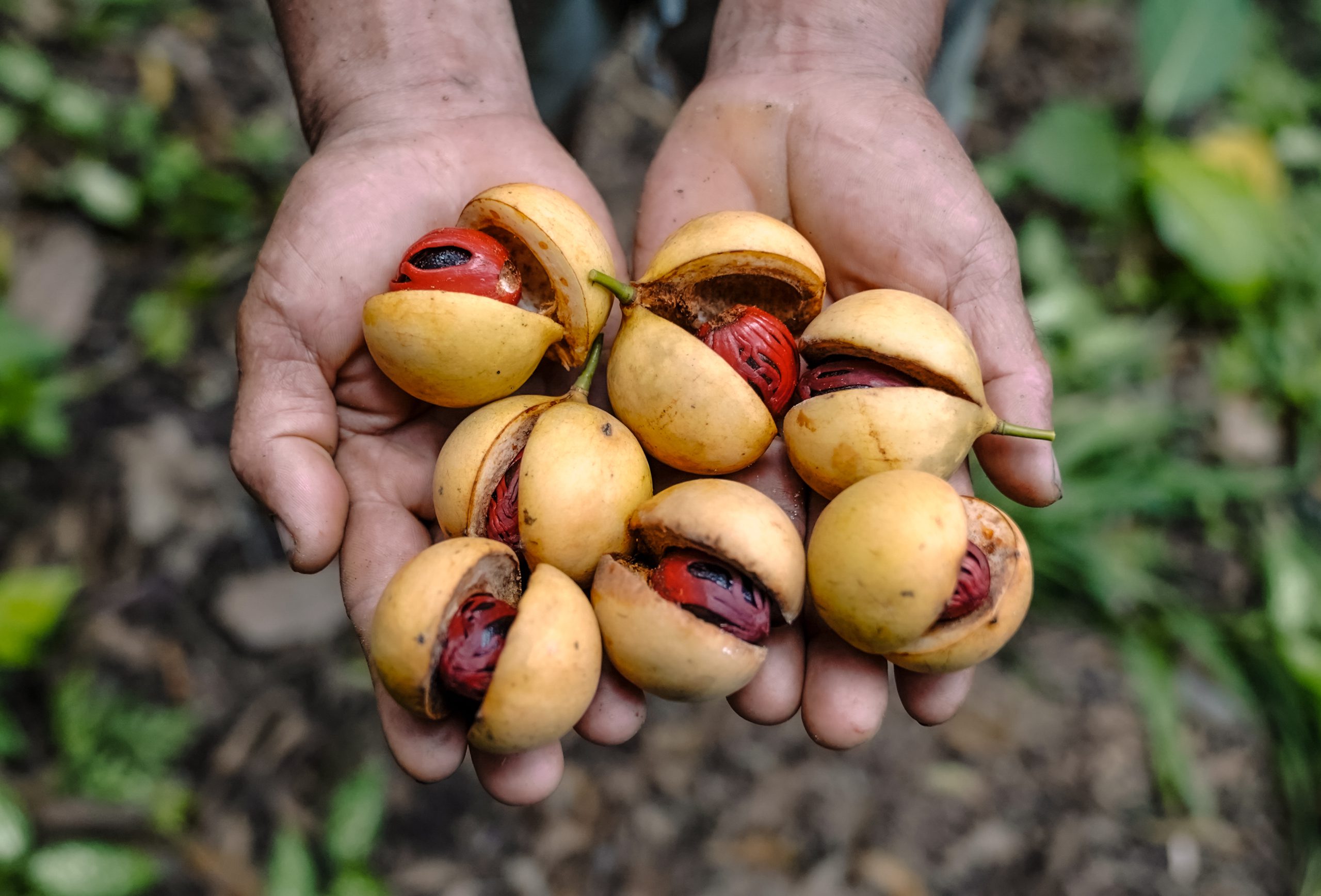Inclusive Digital Design Toolkit: From access to meaningful technology usage
A new toolkit on inclusive digital design features an elaborate case study on Fairfood’s partnership with Verstegen Spices & Sauces. The toolkit is the result of a joint initiative between Athena Infonomics, Genesis Analytics, and USAID’s Bureau for Resilience, Environment, and Food Security (REFS), and explores the role of technology in an increasingly digital economy. Moreover, it offers practical guidance for innovators. We are excited to see our inclusive approach to data governance featured among other success stories. Below, we explain why this is a must-read for developers working in rural communities worldwide.
In the agri-food sector, digital tools can act as powerful catalysts for inclusion at the first mile, allowing small-scale farmers to become more productive and resilient. Yet, real-world inequalities often translate into digital ones.
With practical examples, a new guide by Athena Economics, USAID and others takes us beyond the 5 ‘A’s of Technology: Access (or Availability), Affordability, Awareness, Ability, and Agency. It pioneers a transformative sixth ‘A’: Accrual of benefits. Because it’s not just about connectivity; it’s about ensuring tangible benefits for all participants. What’s more, the toolkit provides examples illustrating real-life impact: offline benefits arising from bridging divides that hinder innovations from reaching those producing our food.
Download the toolkitAddressing access divides through offline solutions
Fairfood’s success in enhancing transparency in the Indonesian nutmeg supply chain is highlighted in the study. In our pilot with the Dutch company Verstegen Spices & Sauces, we aim to amplify farmers’ voices and agency. Acting as a “data steward”, Fairfood mediates between stakeholders in the supply chain—specifically, nutmeg farmers/exporters and Verstegen. Through the deployment of Trace, Fairfood’s traceability tool, we digitally connected smallholder nutmeg farmers in Indonesia to international supply chains, improving business practices of everyone involved, and increasing the farmers’ income.
The transparency enabled by Trace allows parties to establish a direct connection to verify quantities bought from and payments made to farmers in the supply chain, while addressing imbalances identified in the process. Its foundation lies in the development of a trustworthy data-sharing environment and an incentive structure through the use of quality and data premiums. Our intermediary role helped balance out power structures and ensures that farmers’ control over their data is respected. If you ask us, these are the ‘building blocks’ for Digital Inclusion.

Fairfood and Verstegen adopted a farmer-centric approach to data management, aiming to not only provide access to data but also facilitate meaningful engagement with it.
Trace’s structure allowed everyone involved in the Indonesian data-sharing process to experience tangible benefits from digital engagement. The paper refers to the Accrual of Benefits as a crucial aspect of meaningful technology usage. In rural contexts, this means digital inclusion leading to meaningful offline improvements in various aspects of life, such as livelihoods, income generation, food security, and resource management. This requires that digital initiatives yield concrete, positive impacts for all individuals, irrespective of their backgrounds.
To incentivise farmer participation in this pilot project, quality and data premiums were implemented. Quality premiums incentivises farmers to produce higher quality nutmeg, while data premiums are an additional payment that Verstegen provides to smallholders for sharing their data on our Trace platform. The premium acts as an added incentive for nutmeg farmers to participate in traceability, with data becoming an additional source of income. This re-establishes farmers’ agency, allowing them the freedom to opt out of the platform. By mediating the sharing of data, Fairfood ensures that farmers retain control over their data while also benefiting financially from its sharing.
Learn more about the technology behind this projectAn offline benefit, as the toolkit guidance document shows, may also set off a ripple effect. For example, someone who can translate internet use into economic gain may use these extra financial resources to purchase more advanced digital hardware or software, allowing this person to gain more social status and connections, becoming increasingly digitally included. So, how can we assess offline benefits? That’s waiting for you in the Inclusive Digital Design Toolkit.

